Launching Powerful Undercover Theft Operations In The Workplace

When times get tough, corporate investigations become indispensable. In the wake of the Covid-19 pandemic, businesses large and small have had to keep their wits about them in order to survive. Sailing close to the wind, cutting costs, and stretching resources have become the hallmarks of true-grit leadership—something worthy of celebration, no doubt, but also […]
What to Look For When Hiring an Heir Search and Genealogy Firm
Whether you are an attorney or administrator seeking assistance in tracking down an heir, or you are simply someone who has recently been notified that you may be entitled to unclaimed assets, how can you be certain that the firm before you possesses the skill and integrity to warrant your trust? An heir search investigator […]
Why Are Heir Search and Genealogy Specialists So Essential?

For those who have never directly experienced how complex inheritance and asset distribution can become, it’s easy to imagine that the process is always straightforward. A loved one passes away, and their nearest and dearest receive a bequeathed portion of the estate left behind—seems simple enough. However, in a surprising number of cases, heirs can […]
Find Stolen Property with a Private Investigator
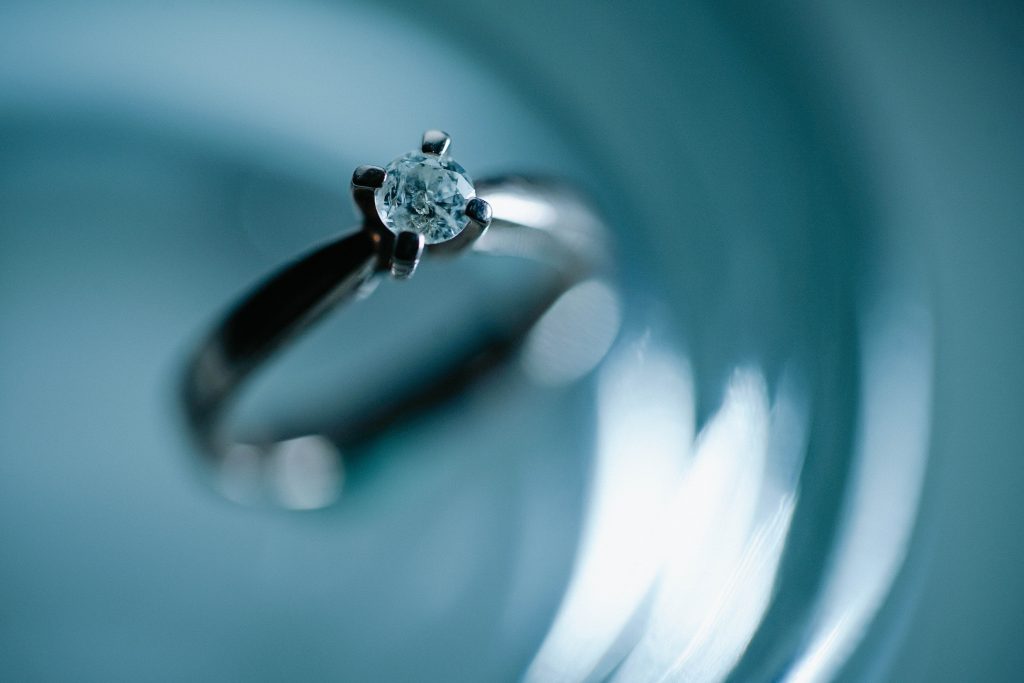
Do you need help with a theft investigation to find stolen property? Closure may be closer than you think. Property theft can happen anywhere, but when it rises to the level of grand larceny, an investment in its return may be prudent. Of course every jurisdiction has its own unit dedicated to property theft—but not […]
Don’t Let Former Employees Violate Non-Competes
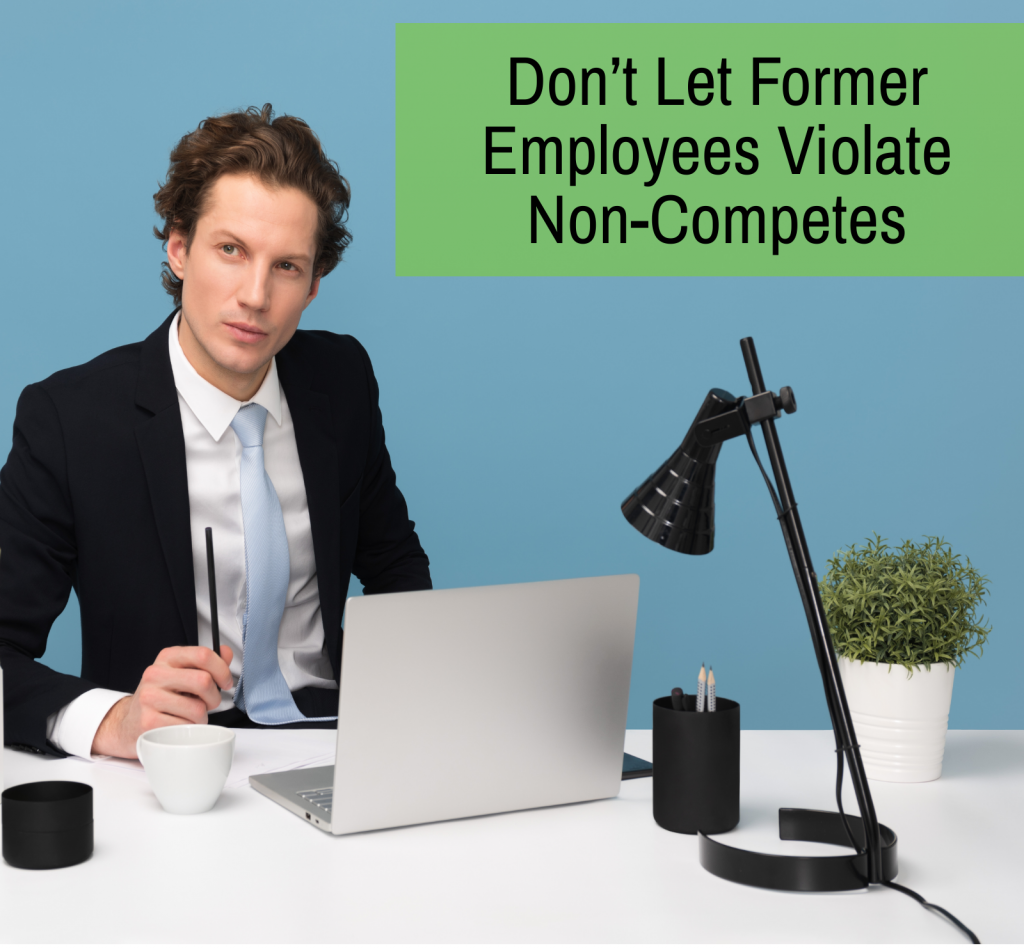
Corporate entities and organizations the world over go to great lengths to protect their intellectual property and self-built foundations of knowledge. In this vein, contracts that protect against non-compete violations allow employers to invest in developing the skill set of their employees without fear that they will turn around and take a pay-off from a […]
Essential Strategies for Improving Corporate Culture in 2021

As someone at the helm of a corporation or organization, you likely have a clear vision of what a smooth team work-flow looks like. You know that when executives and employees fall into a synergistic rhythm of getting things done, mountains can be moved. However, when that cohesive energy becomes elusive, it can be difficult […]
Experiencing Constant Turnover? Here’s Why
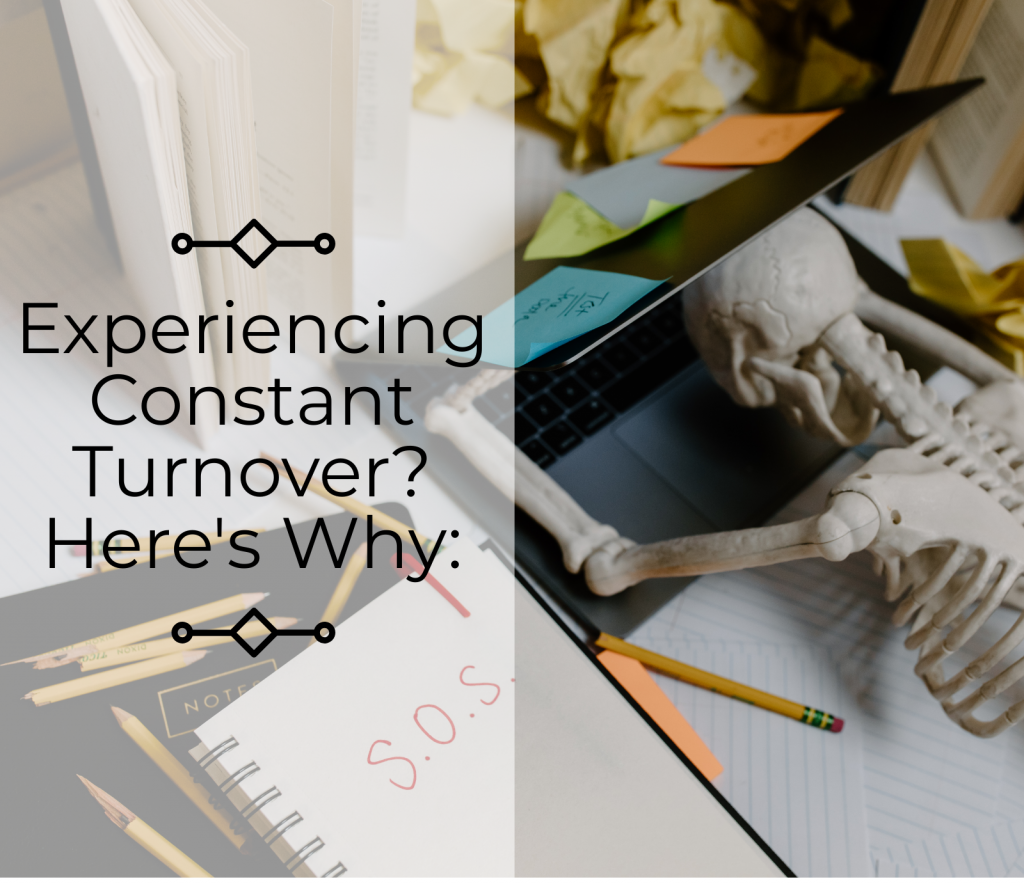
Every organization inevitably aims to attract the best possible talent, and invests heavily in training new hires. In making these efforts, hopes lie in building a cohesive and dynamic team ready to take on the world. To some extent, a degree of employee turnover is to be expected—a frustrating but realistic aspect of running a […]
How to Identify Toxic Employee Cliques in Your Business
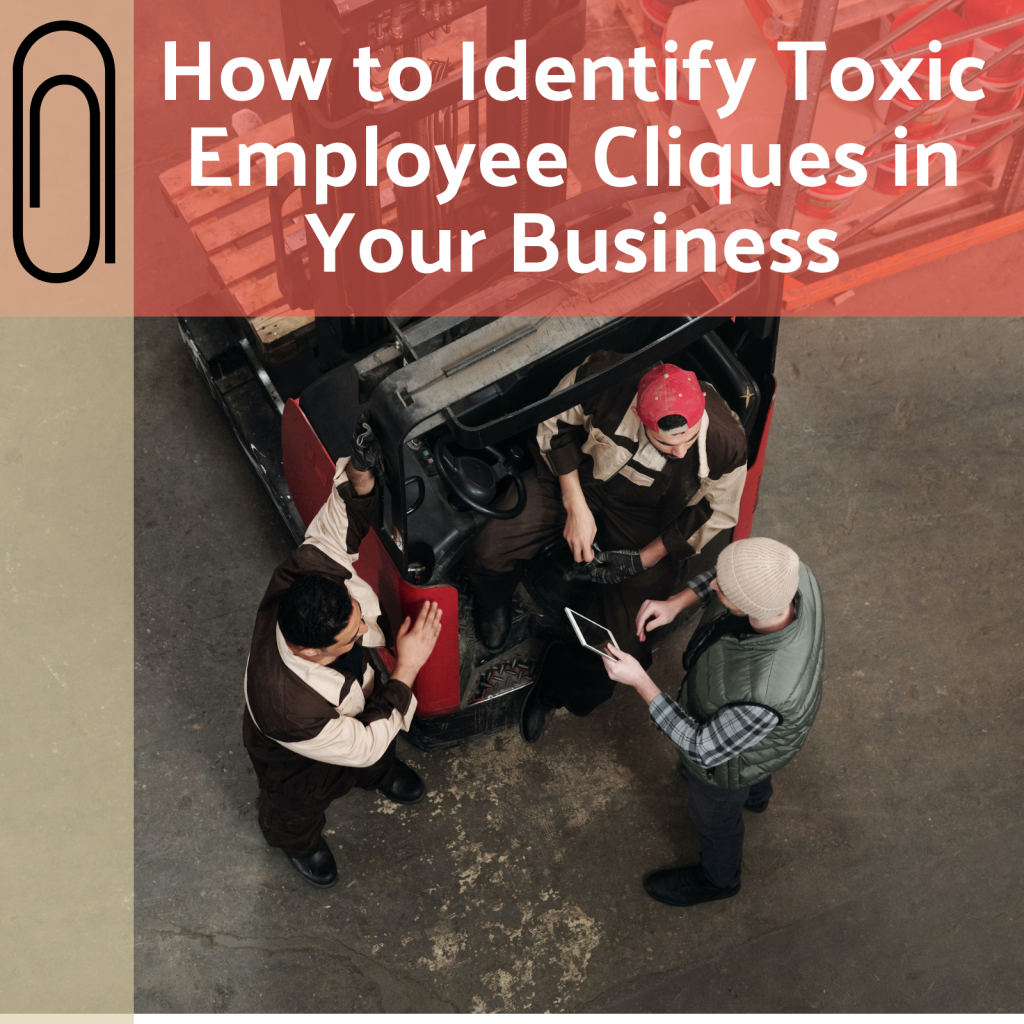
Is it possible that the productivity and morale of your team suffering at the hands of toxic employee cliques? An uncomfortable workplace atmosphere or a downturn in performance might not lead you to think first of toxic employees. You might question the competency of your leadership or your own business strategy first, but a negative […]
There is a Cancer in Your Business—Hire a Private Investigator to Find It
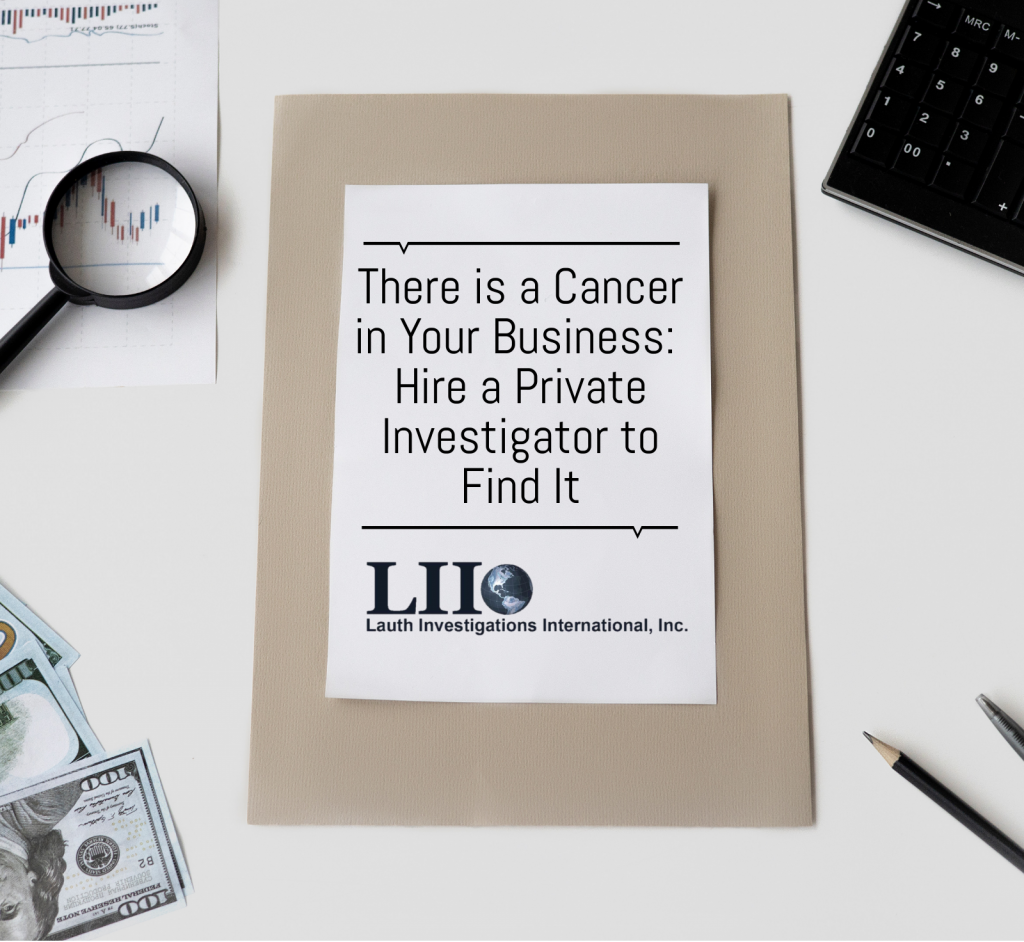
As never before, today’s consumers expect the brands they buy into to lead by example when it comes to equality and social justice. Any organization that allows workplace discrimination to run rampant is not only going to face the potential of legal repercussions, but also substantial reputational damage that is hard to bounce back from. […]
Using an Undercover Investigator Within a Corporate Setting

Does your company need an undercover corporate investigator? From time to time, corporate entities within Indianapolis and right across Indiana will inevitably face the need for some sort of internal investigation. For small business owners right through to those at the helm of vast organizations, it is impossible to know every detail of what goes […]